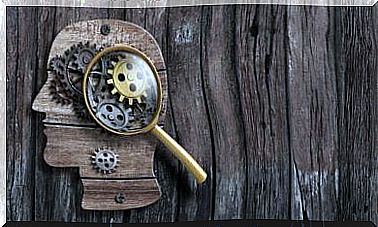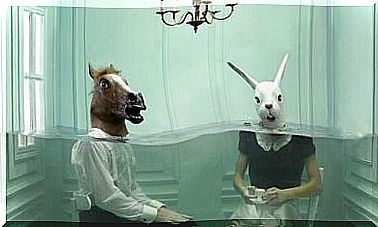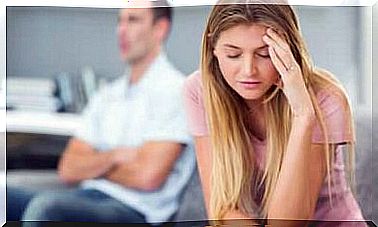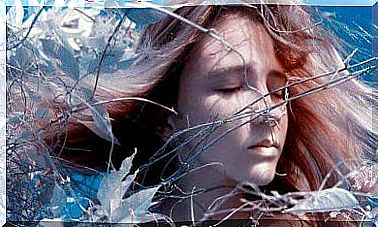What Is The Relationship Between Depression And Back Pain?
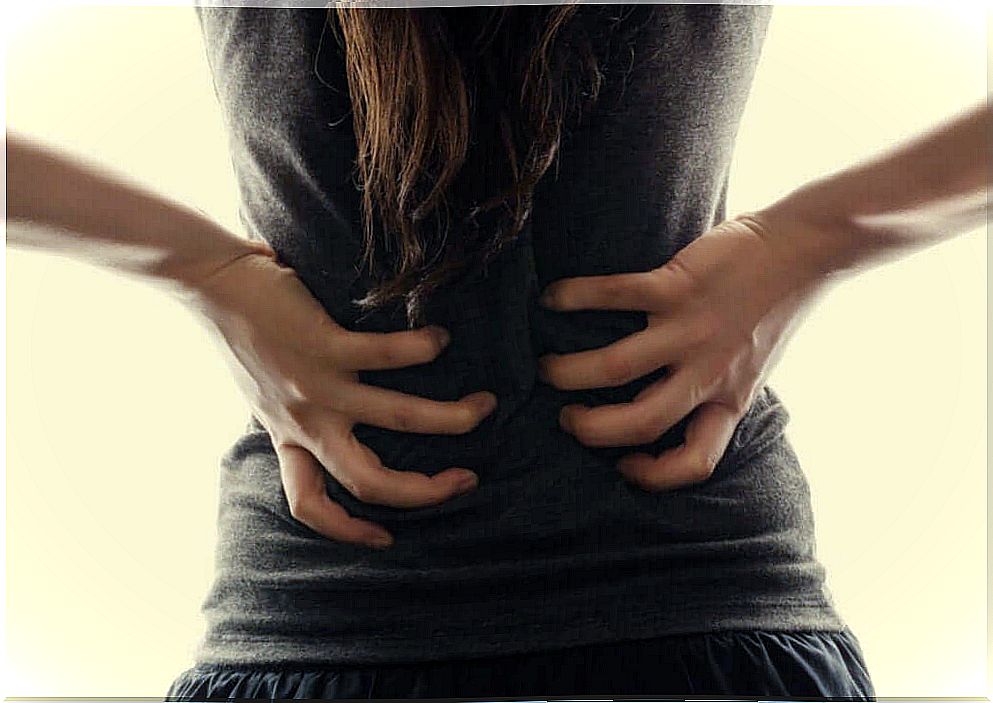
Depression and back pain are often directly related. The first usually follows the second and, in the case of chronic low back pain, it is very common for the person to end up developing a mood disorder. These are very exhausting clinical realities that completely alter the quality of life of those who suffer from them.
Thus, if we had to talk about the conditions that generate more absences from work, these would be the most common and recurrent. It is known , for example, that the pain has a major impact on absenteeism and that is also a global problem. In fact, it is estimated that almost 80% of people are affected by this problem at some point in their lives.
The same applies to depression. The psychological, social, professional and personal impact of this disorder is immense and will be even more so in the future. We are, therefore, facing a problem of great relevance that has been accumulating more and more research in recent decades. Living with pain, whether physical or emotional, disables us in any area.
It is important to clarify the causes and improve the approach mechanisms.
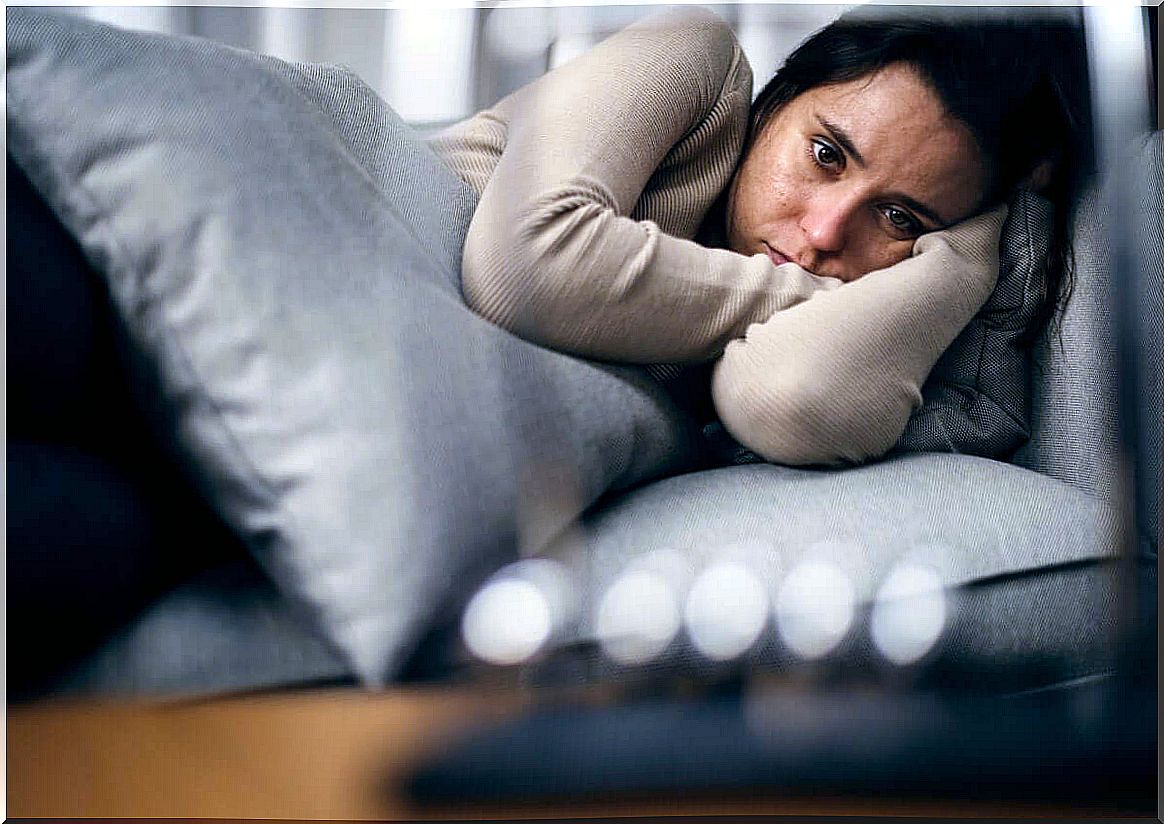
Depression and back pain: factors that determine this relationship
Depression and, in particular, major depression usually present with very intense physical symptoms. In addition to back pain, contractures, neck discomfort, headaches, joint pain and gastrointestinal disorders can also appear… The subject is certainly not new and, in fact, it is also known that a good part of people who suffer from post stress disorder – Traumatics experience various forms of physical pain.
Atkinson, Slater, Patterson, Grant and Garfin (1991) saw, for example, that depression and back pain are something that many veterans who return from missions in settings where there are armed conflicts suffer. Studies such as those carried out at Jilin University, which specializes in genetic research, provide us with interesting information about the relationship between these two dimensions. Mood disorders and chronic pain are often two sides of the same coin.
Let’s understand why.
The more severe the depression, the greater the back pain
When the low back pain has no other than psychological or emotional origin, we are experiencing major depression. It is the most serious mood disorder and is almost always the result of a neglected or not properly addressed psychological reality.
In these situations, what can be seen on radiographs, such as computed tomography, is that the brain regions linked to depression and those related to the physical perception of pain are the same.
We could say that emotional pain is experienced in the same way as physical pain. Likewise, depressive states have also been found to increase the production of a type of protein, pro-BDNF. This molecule is released in the spinal cord, increasing the perception of pain, especially in the back region.
Chronic states of neglected physical and emotional distress
The University of Berlin and the German Health Service conducted a one-year study of more than 43,000 people to understand the link between depression and back pain. Something that could be seen is that this reality is more common among women, especially after 50 years of age. Likewise, it was also observed to affect people who received less support, both emotionally and socially and psychologically.
That is, sometimes we can spend long periods neglecting that mental state, that depression that is taking its toll and worsening the emotional state. Finally, psychosomatic symptoms become higher, with the back being the most affected area.
On the other hand, there is also an obvious fact. People with chronic low back pain are also at greater risk of developing a mood disorder. Pain, limitation to perform basic tasks, being able to work normally and seeing your daily life so impoverished end up affecting your mood.
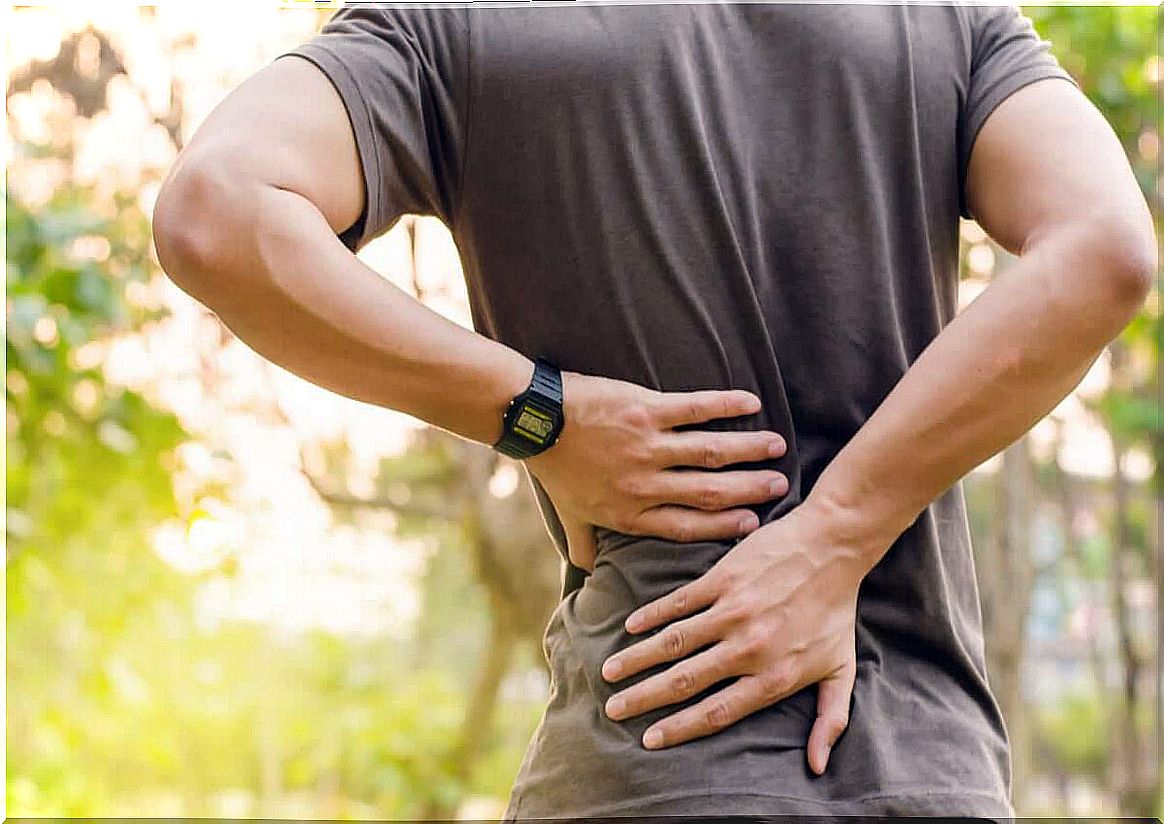
Depression and back pain: how to treat?
When dealing with depression and back pain, it is advisable to use an interdisciplinary approach. It is important, above all, to make an adequate diagnosis and detect the possible presence of other pathologies or psychological conditions. In general, the following approaches are helpful:
- Pharmacological therapy. Antidepressants, analgesics, anti-inflammatories…
- Cognitive behavioral therapy. It allows us to work on the person’s dysfunctional thoughts and introduce more adjusted behaviors.
- Stress reduction techniques such as moderate physical activity, relaxation, deep breathing, meditation, learning coping techniques to control emotions…
- Pain Rehabilitation Programs. There are medical and psychological units specializing in pain management. The collaboration of physiotherapists, doctors and psychologists usually gives good results in these cases.
In recent years, very interesting programs are being developed. Researches such as those carried out by Gatchel, RJ and Turk speak, for example, of the need to achieve a “mental deconditioning” in the patient. That is, the person often feels completely conditioned by pain, subject to suffering, so that he cannot move forward and depression intensifies.
Therefore, it is necessary to work on this perception and this reality to achieve small daily advances.
